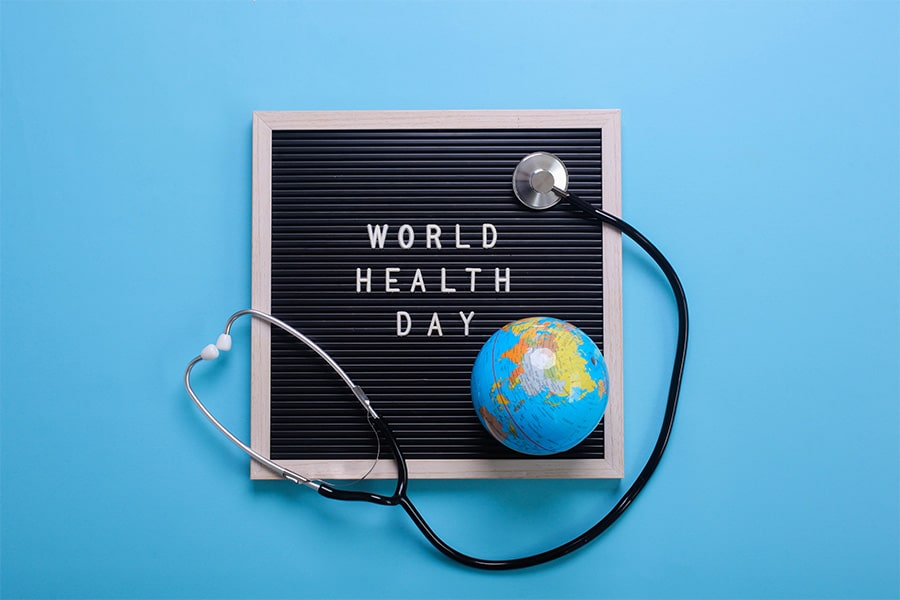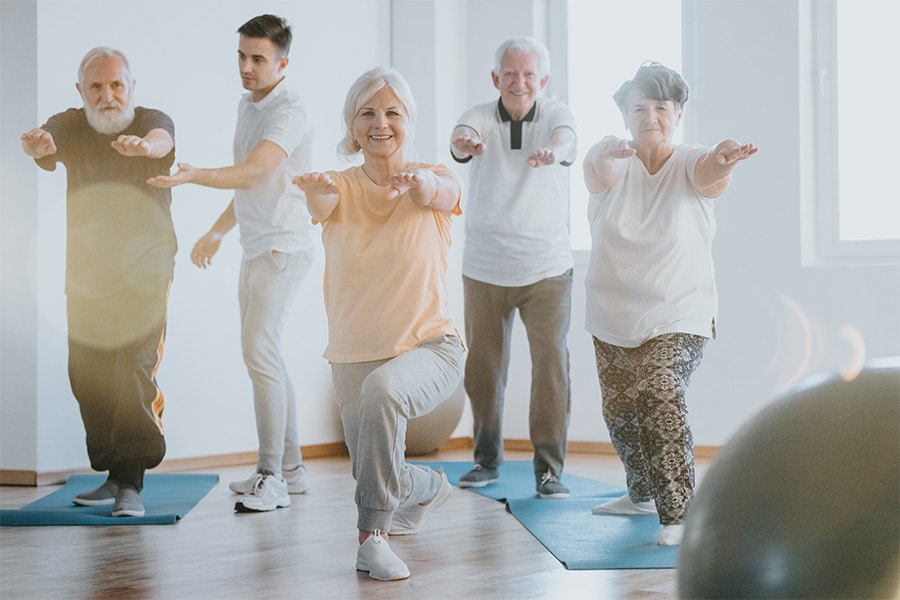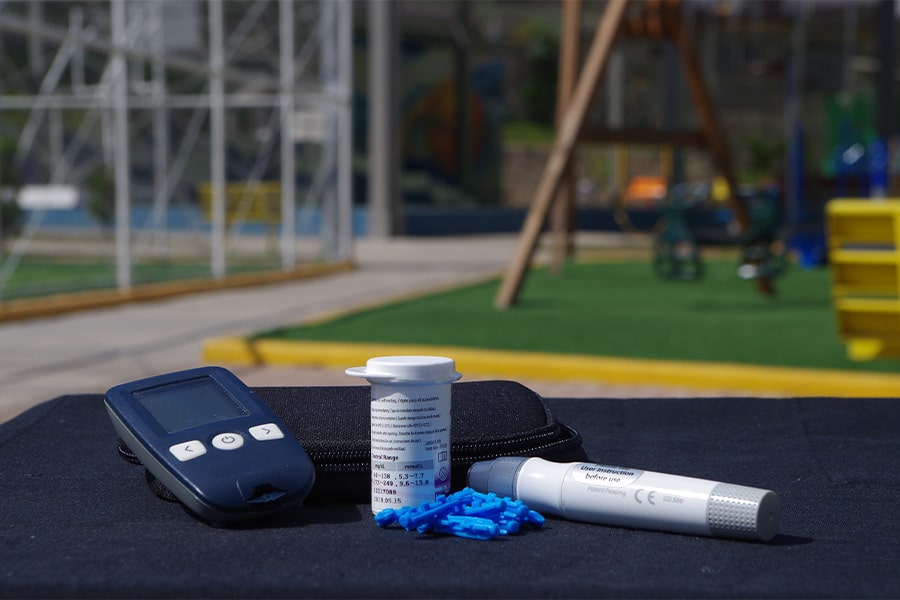World health day 2021 fell on Wednesday April 7th, with the theme of building a fairer, healthier world. I am a little late to it with this blog, but I feel it is a relevant message.
As someone who has grown up with the privilege of being a white male living in Australia with a relatively stable family income, it’s easy to oversee just how lucky we are to have access to the health and medical resources that we do. Access to healthcare should be a right, but unfortunately it has become a privilege. As a Type 1 diabetic, I am so lucky to be able to afford the medication and services I need to keep me alive – most of which are heavily subsidised by the government. As I write this, there are thousands of Type 1 Diabetics in America, (a country some consider the most advanced western country) who are rationing or forgoing medical supplies in order to put food on the table or a roof over their heads. Recently, a young American man died because he was not able to access a basic medication to keep him alive. That could have been me.
So, this year’s World health Day theme got me thinking. What can I do to make a fairer, healthier world? I sure as hell cannot cure famine in third world countries, I cannot reduce the cost of medical supplies to the population of the Unites States of America, and I cannot provide clients with free Exercise Physiology consults. What I can do? Inform, educate, empower.
In my experience, health literacy is poor. We live in a world where everything is accessible at the click of a button, however this also means that misinformation can spread just as quickly (often quicker) than verified, peer reviewed information. In my professional life, I have been lucky enough to work across a broad spectrum of areas from the low socioeconomic to some of Sydney’s most privileged. While they may face different barriers, misinformation or a lack of health literacy knows no bounds.
As a health and fitness professional, a significant part of my job is to educate and empower my clients to the point where they no longer need my services. Across all businesses that I work in, education is the cornerstone of our service delivery. Every gym member has the opportunity to interact with a coach to discuss the why and how of training, every patient that me or my team treat is provided with exercises that they can be doing independently to support their recovery, every mental health patient is provided with a toolbox of skills to assist in managing their condition and every staff member or student that I mentor is held accountable to the information that they are putting out into the world. Whether that is face to face, in a blog post or via social media.
In the age of social media, it’s unfortunate that a large following and statement made with confidence brings with it huge power. Add to this the fact that many influencers make thousands of dollars to promote products, often positioning themselves as an authority on topics is a very dangerous position to be. Did you know that most doctors do not post on social media because they come under huge scrutiny from their respective governing bodies and are at risk of losing their licence if their posts are deemed to be influencing health/medical decisions?
It’s the world’s worst kept secret that I am a stickler for high quality coaching and information, although it may not be so clear that I am also happy to accept anecdotal evidence, in some circumstances. Personally, I feel that “best practice” is not just evidence-based practice. It is where evidence meets experience and there is a well thought out reasoning behind any coaching or therapy decision.
Author: Sam Rooney, AEP ESSAM



